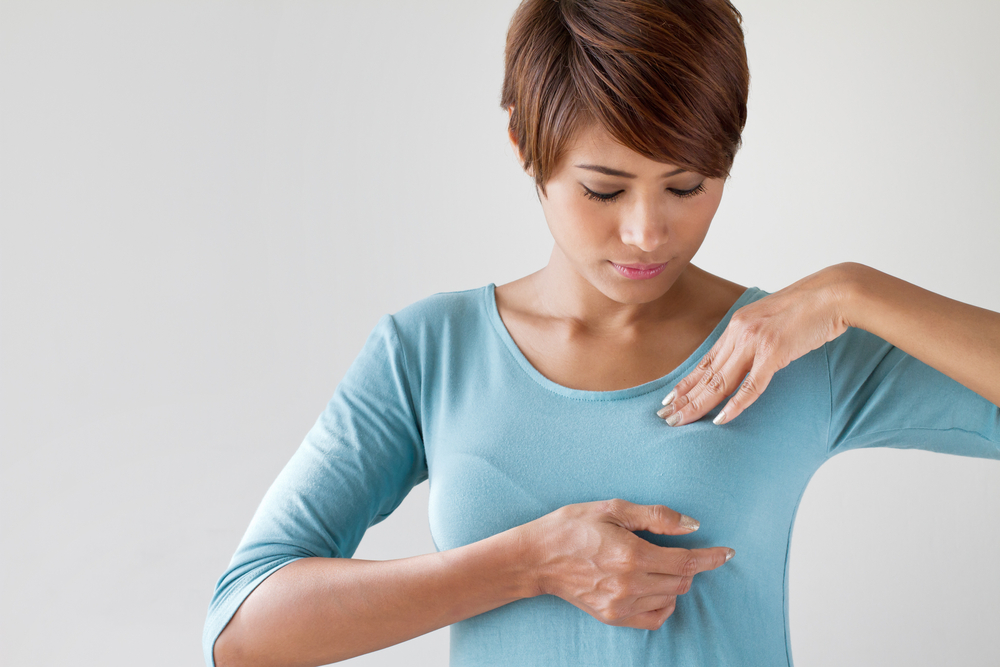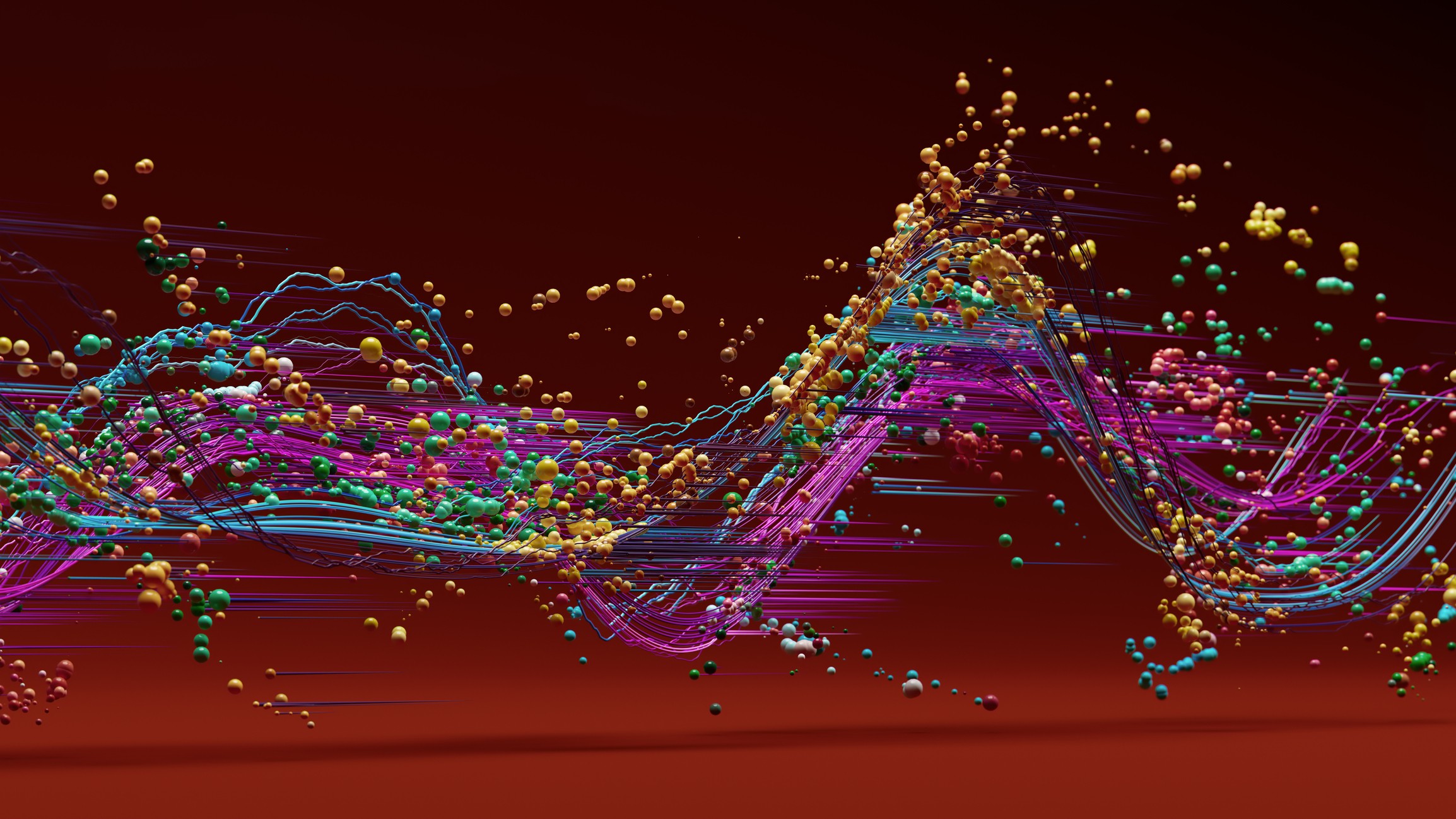Is There a Link Between Bacteria and Breast Cancer?

There are bacteria living in women's breast tissue, and these microbes may affect women's health, a new study from Canada suggests.
Researchers found that women with tumors in their breasts had a different mix of bacteria living in the tissue compared with woman who did not have tumors, according to the study.
Although bacteria are much more abundant in other places in women's bodies — such as the mouth, gut and vagina — low numbers of bacteria are present in breast tissue as well, said Gregor Reid, a professor of microbiology and immunology at Western University in Ontario, Canada, and the senior author of the study. [8 Tips to Be a Probiotic Pro]
In the study, the researchers wanted to see if these bacteria differed depending on whether a woman had a tumor in her breast. They looked at breast tissue samples from 13 women with benign tumors, 45 women with cancerous tumors and 23 women who did not have breast tumors.
All of the women in the study had already planned to undergo breast surgery, either to remove a tumor, or for breast enhancement or reduction. The researchers performed a DNA analysis on a small sample of the tissue that was removed to figure out what types of bacteria were present. In the women with breast tumors, the researchers used tissue that did not contain the tumor, according to the study.
The researchers found that several types of bacteria were more common in the women with tumors in their breasts than in those without tumors. Womenwith tumors had higher levels of three types of bacteria — Enterobacteriaceae, Staphylococcus and Bacillus — compared with women who did not have tumors. For example, E. coli, which is a type of Enterobacteriaceae, was more common in the breasts of women with tumors.
It's possible that these types of bacteria may have cancer-promoting properties, the researchers said.
Get the world’s most fascinating discoveries delivered straight to your inbox.
In the study, the researchers also did a small laboratory experiment using the bacteria found in the women with tumors: They added the bacteria to human breast cells growing in lab dishes, to see if the bacteria caused DNA damage. DNA damage can lead to the development of cancer, the researchers wrote.
The experiment showed that two of the bacterial strains (Enterobacteriaceae and Staphylococcus) from the breast tissue damaged the DNA, at least in the lab, Reid said. However, doing this experiment in animals or humans would lead to more definitive results, he said.
In women without tumors, the researchers observed higher levels of Lactococcus and Streptococcus bacteria. It's possible that these bacteria types have anti-cancer properties, although this is not proven, Reid said. Some research has shown that Lactobacillus bacteria, a related type of "good" bacteria, may be able to break down cancer-causing compounds, he said.
The breast microbiome
Research exploring the bacteria of the breast and how they may impact women's breast cancer risk is still in its infancy. However, previous studies have hinted that bacteria may play a role.
For example, breast-feeding is associated with a lower risk of breast cancer, and it's possible that breast milk helps the beneficial bacteria grow, Reid told Live Science Indeed, other studies have shown that bacteria pass from moms to their babies during breast-feeding, suggesting that breast milk and bacteria are linked. [6 Foods That May Affect Breast Cancer Risk]
And eating probiotics ("good" bacteria) may also affect breast bacteria, Reid said. In a recent study in Spain, researchers gave women probiotics and later found the types of bacteria contained in probiotics in the women's breast tissue, he said.
It is thought that immune cells in the gut may pick up the probiotics and transport them to the breast, Reid said.
But he noted that figuring out the role bacteria may play in breast cancer is a big question and will take a lot more research.
One way to continue the research would be to ask women who are scheduled for breast surgery to take probiotics and then follow up to see if the probiotics are present in the breast tissue removed during the surgery, and also look at how likely those women are to develop cancer later on, Reid said.
Beneficial bacteria may be looked at as a potential way to prevent some cases of cancer, he said. In women who have an increased risk of breast cancer and who have higher levels of "bad" bacteria, researchers could look for possible ways to change the bacteria or monitor these bacteria, Reid said.
And in the case of women who are healthy, researchers could investigate the questions, "Can we support beneficial microbes? Can we keep them healthy?" he said.
The study was published June 24 in the journal Applied and Environmental Microbiology.
Originally published on Live Science.

 Live Science Plus
Live Science Plus





